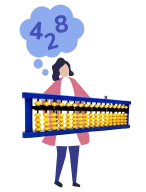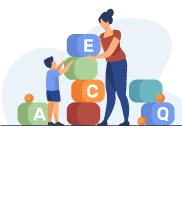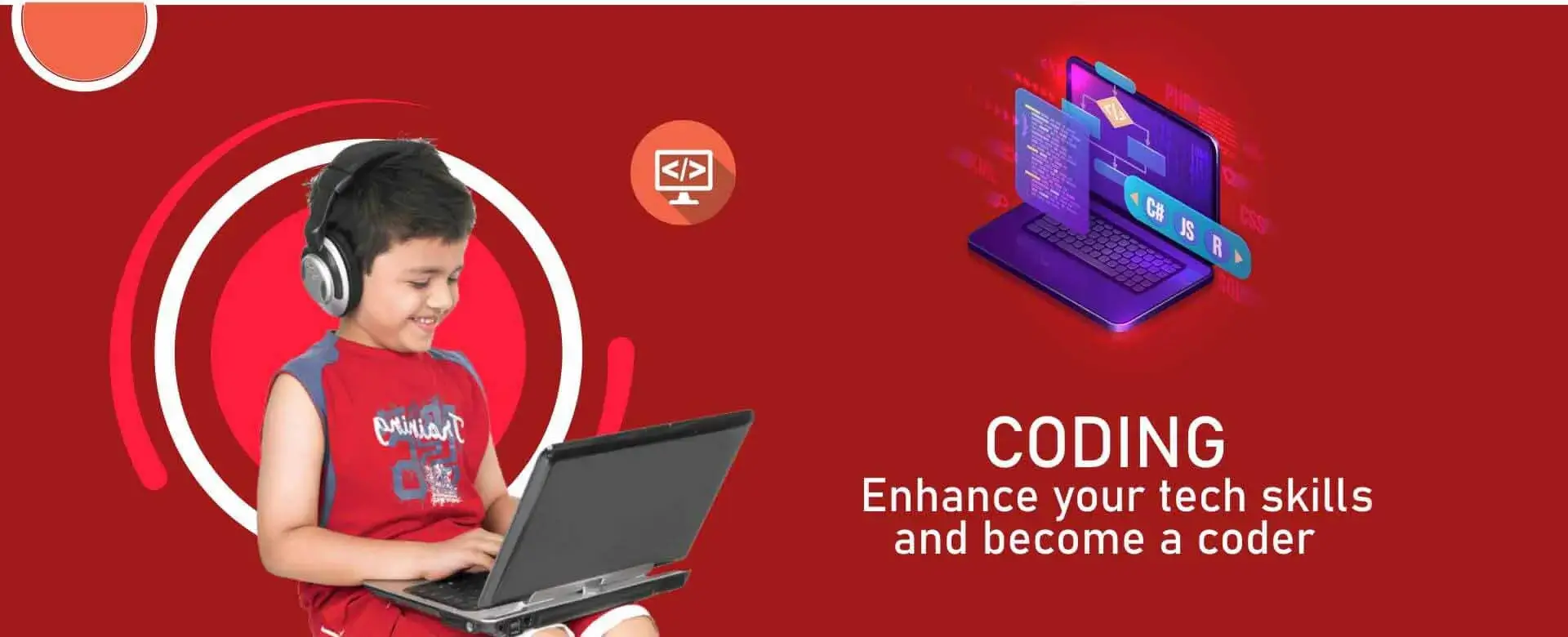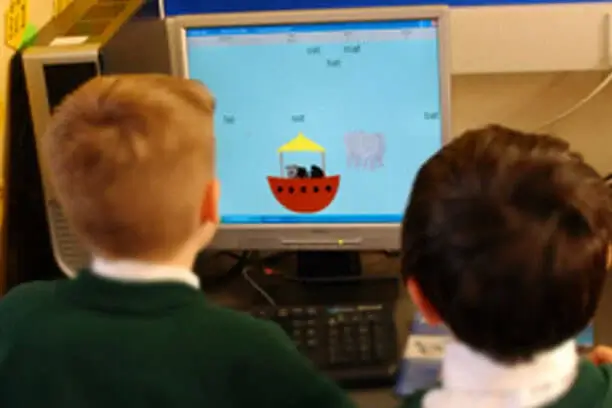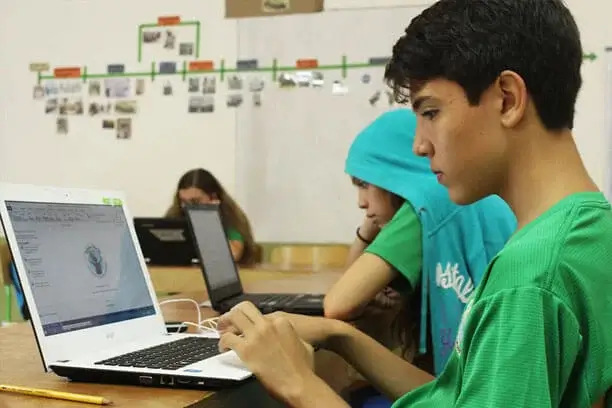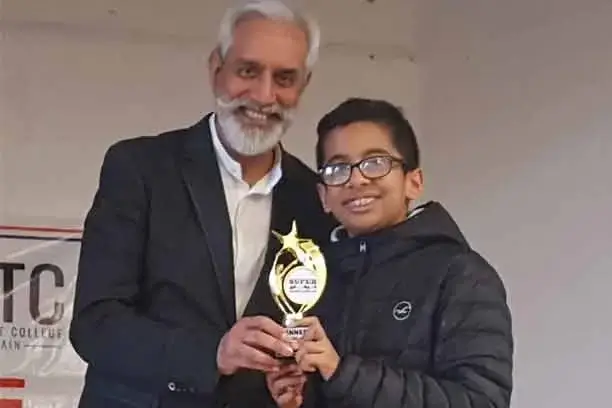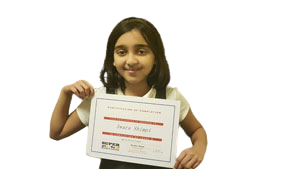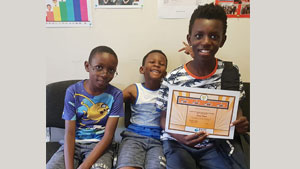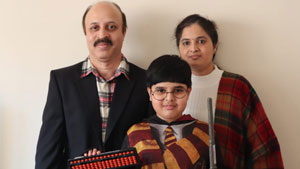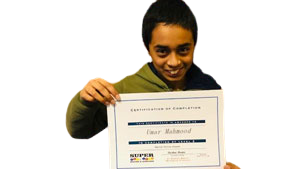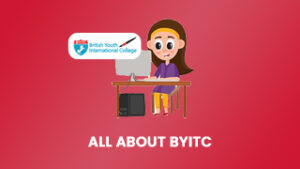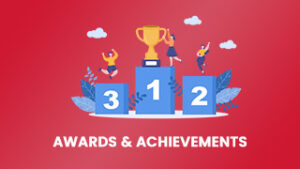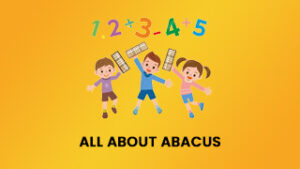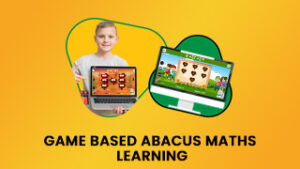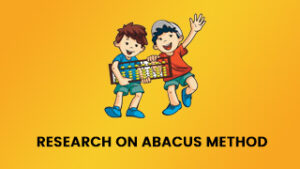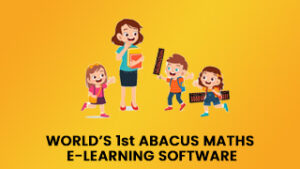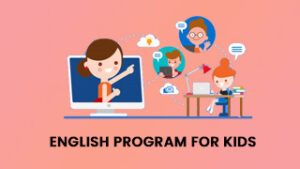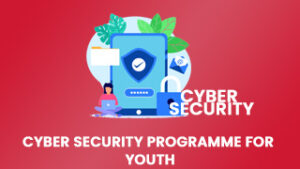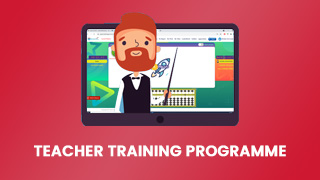Are you a young tech enthusiast eager to build your own games? Or a parent searching for an engaging way to introduce your child to programming? Python for kids is the perfect starting point! At BYITC, we make learning Python exciting, interactive, and beginner-friendly – helping children develop essential coding skills through fun projects, games, and creative problem-solving. Why Python for Kids is the Best Programming Language to Start With Python is widely regarded as the best beginner-friendly programming language. Its simple syntax, readability, and versatility make it ideal for young learners. Unlike other programming languages, Python allows children to focus on logical thinking and creativity rather than getting stuck on complex rules. Whether they want to create games, animations, or even basic AI projects, Python opens up a world of possibilities. Python for Kids Starter Pack If your child is eager to dive into coding, here’s what they need to begin their Python programming for kids journey: A computer or tablet with internet access is essential for getting started. To write and test code, a text editor or an IDE like Online GDB is highly recommended. Younger children may benefit from a block-based coding platform such as EduBlocks. Most importantly, a curious mind and a passion for learning will make the journey even more exciting! Top Online Platforms to Learn Python for Kids There are many interactive platforms available that make it easier for children to master Python programming in a fun and engaging way. Through step-by-step lessons, hands-on exercises, and creative challenges, these platforms ensure that learning remains both accessible and enjoyable. Additionally, built-in quizzes and real-world projects help reinforce concepts, allowing kids to gain confidence as they progress. Ultimately, with the right tools and guidance, young learners can develop strong coding and computing skills while having fun along the way. 1. Online GDB This free, web-based IDE allows children to write and run Python code in a text-based environment. It’s great for older learners ready to explore loops, conditionals, and functions in Python. 2. EduBlocks Perfect for younger learners, EduBlocks combines Python’s power with a block-based coding interface, making it easier to grasp coding fundamentals before transitioning to text-based programming. Create Your First Game with Python for Kids Learning to code is exciting, but taking it a step further by creating a game makes it even more thrilling! To begin, kids can explore game libraries like Pygame and Pyglet, which make handling graphics, animations, and user input much easier. Starting with simple games like Tic-Tac-Toe or Snake not only builds confidence but also strengthens coding skills, preparing them for more complex projects down the line. As they progress, using visual tools like EduBlocks can help bridge the gap between drag-and-drop coding and full Python programming. However, the real magic happens when they start experimenting and adding personal touches. With Python’s flexibility, they can easily customise their games with unique characters, backgrounds, and rules, making the entire learning process even more fun and engaging! Join BYITC to Learn Python for Kids in a Fun and Interactive Way! At BYITC, we offer structured and engaging Python programming courses for kids, carefully designed to make coding both fun and accessible. With the help of our expert instructors, students gradually progress through interactive lessons, engaging quizzes, and exciting real-world projects. As they learn, they not only build essential coding skills but also develop problem-solving abilities and creativity. Ultimately, our courses transform learning into an adventure, making coding an enjoyable and rewarding journey for every child! Conclusion Python is perfect for kids. It sparks creativity, builds problem-solving skills, and lets them create games. With the right guidance, they learn coding step by step and gain confidence. More importantly, Python’s simplicity makes it great for all ages. Ready to start your child’s coding journey? Join BYITC today and explore the world of Python! Related Articles Coding vs Programming: Is There A Difference? Coding Apps for Kids to Learn Coding on the Go Best Age to Start Coding for Beginners to Advanced Code Like a Superhero: Virtual Coding Camps! Python Coding for Kids in Mumbai | Python Coding Classes in Ahmedabad | Learn Python Online | Best Coding Language for Beginners in Nagpur | Python AI Classes for Kids in Vadodara | Python for Data Science in Bengaluru | Coding Competition in Mumbai | Python Automation Courses in Delhi | Kids Python Coding Classes in Nashik | Free Python Events in Hyderabad | Learn Python for Free Online | Best Python Coding for Kids Near Me | Python Coding for Kids in Indore

